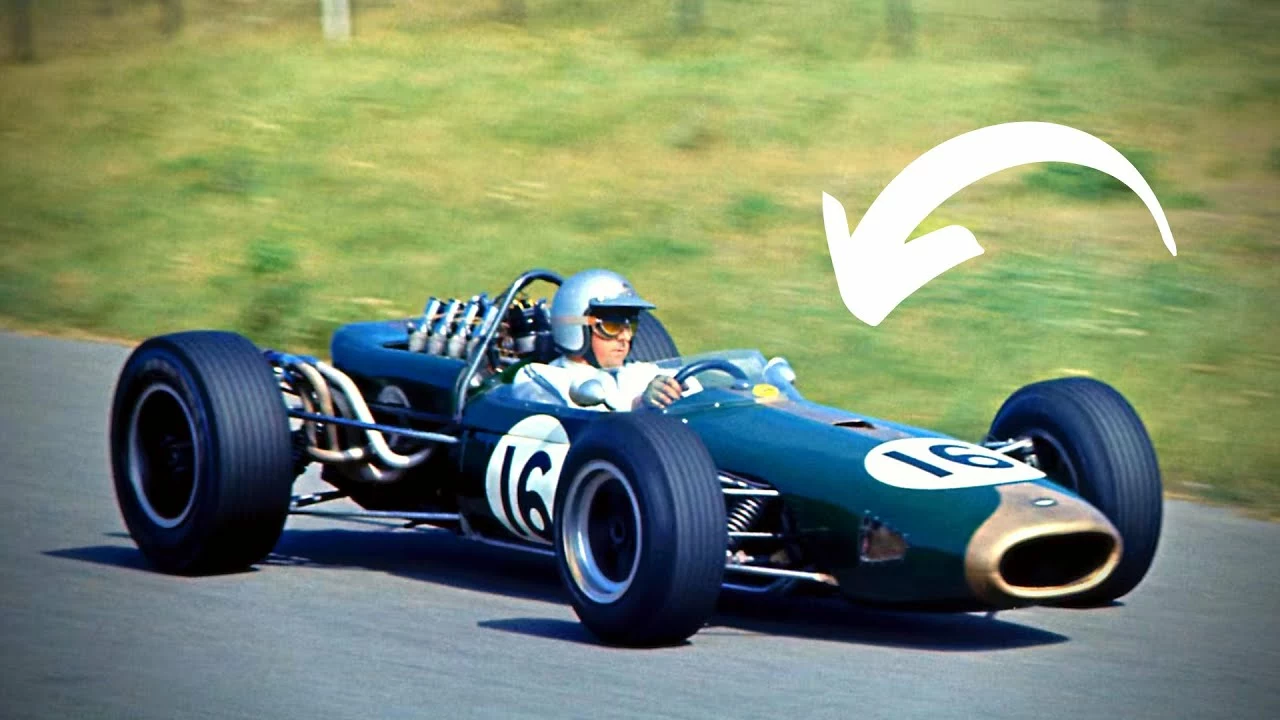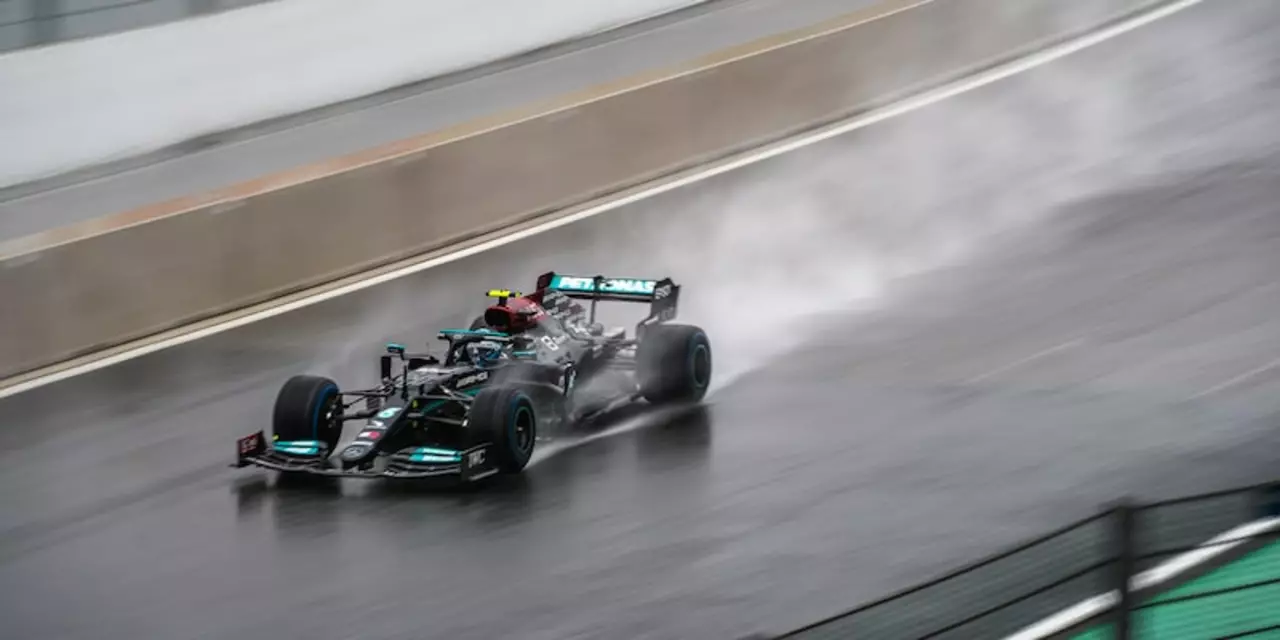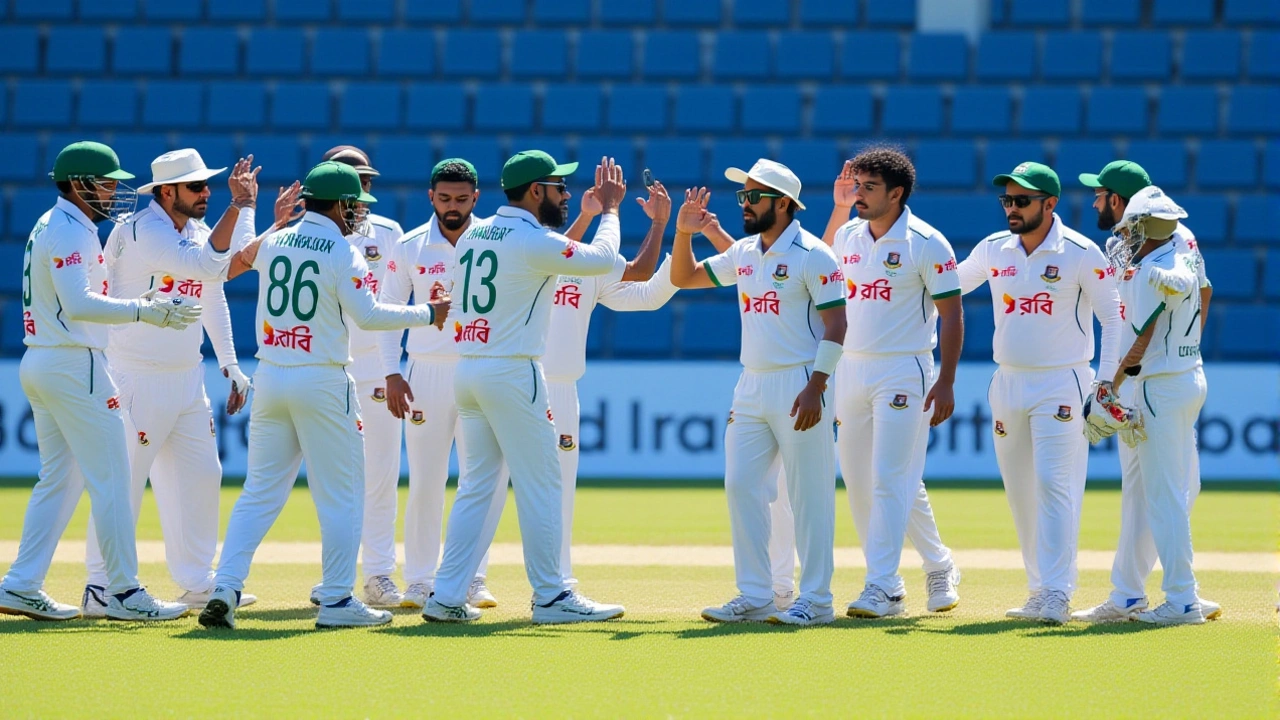Two second-half goals from Daniel Muñoz and Yeremy Pino handed Crystal Palace a 2-0 victory over Wolverhampton Wanderers at Molineux Stadium on Saturday, November 22, 2025. The win lifted Palace into fourth place in the Premier League with 20 points from 12 games, while Wolves remained rooted to the bottom with just two points — their winless run now stretching to 10 losses in 12 matches. It was also the first match under new Wolves manager Rob Edwards, and it ended in a sobering reality check: no shots on target after halftime, 46% possession, and a stadium of nearly 30,000 fans left quietly stunned.
A New Era, A Hard Landing
Rob Edwards walked into Molineux with hope. After replacing Julen Lopetegui, he inherited a team in freefall — winless since August, conceding 28 goals, and clinging to survival by a thread. The pre-match buzz was about renewal: new tactics, new energy, a fresh start. But the first ball of his tenure didn’t spark a revolution — it exposed a chasm. Wolves controlled the ball early, but without purpose. Their passes lacked urgency. Their movement was predictable. And when Palace broke, they did so with terrifying precision.
"It certainly isn’t one of the easiest games he could have had," said a former Premier League defender on BBC Radio 5 Live. "Facing a team like Palace — organized, physical, clinical — on the road? That’s a baptism by fire. And Wolves didn’t even make it to the baptismal font."
The Goals That Changed Everything
The first goal came at the 50th minute. A swift counterattack, initiated by Adam Wharton, found Daniel Muñoz in space just outside the box. His first touch was soft, his second was lethal — a low, curling finish that slipped past Wolves goalkeeper Bartosz Białkowski. No celebration. Just a nod. Muñoz had been quiet all season — now he was the hero.
Then, at 59 minutes, came the moment everyone would remember. Yeremy Pino received the ball on the left flank, cut inside past two defenders, and unleashed a scream of a shot — right foot, top corner, no chance. NBC Sports’ highlights later labeled it "Pino’s Screamers" — and rightly so. It wasn’t just a goal; it was a statement. Palace had lost their last two away games. This wasn’t just a win — it was a statement of intent.
Wolves’ response? None. They had 7 shots total — only one on target. In the second half? Zero. Not one. Not even a desperate header from a corner. Their best chance came when substitute Will Hughes replaced Wharton at 90+2, but by then, the game was over. The final whistle blew at 90+6. The crowd, 29,976 strong, filed out in silence.
Table Toppings and Bottom Feeders
Palace’s win moved them above Brighton and Sunderland — both also on 19 points — into fourth place with a +7 goal difference. They’ve now gone 5-5-2 in their last 12 matches, a remarkable turnaround from their 2024-25 campaign, where they barely escaped relegation. Manager Oliver Glasner has quietly built something special: disciplined, resilient, and lethal on the break.
Wolves, meanwhile, are in uncharted territory. No team in Premier League history has survived a 0-2-10 start and avoided relegation. The last time a team had this few points after 12 games? 2001-02 — and they went down. With only two points and a -10 goal difference, their survival now hinges on miracles. The January transfer window will be their last hope.
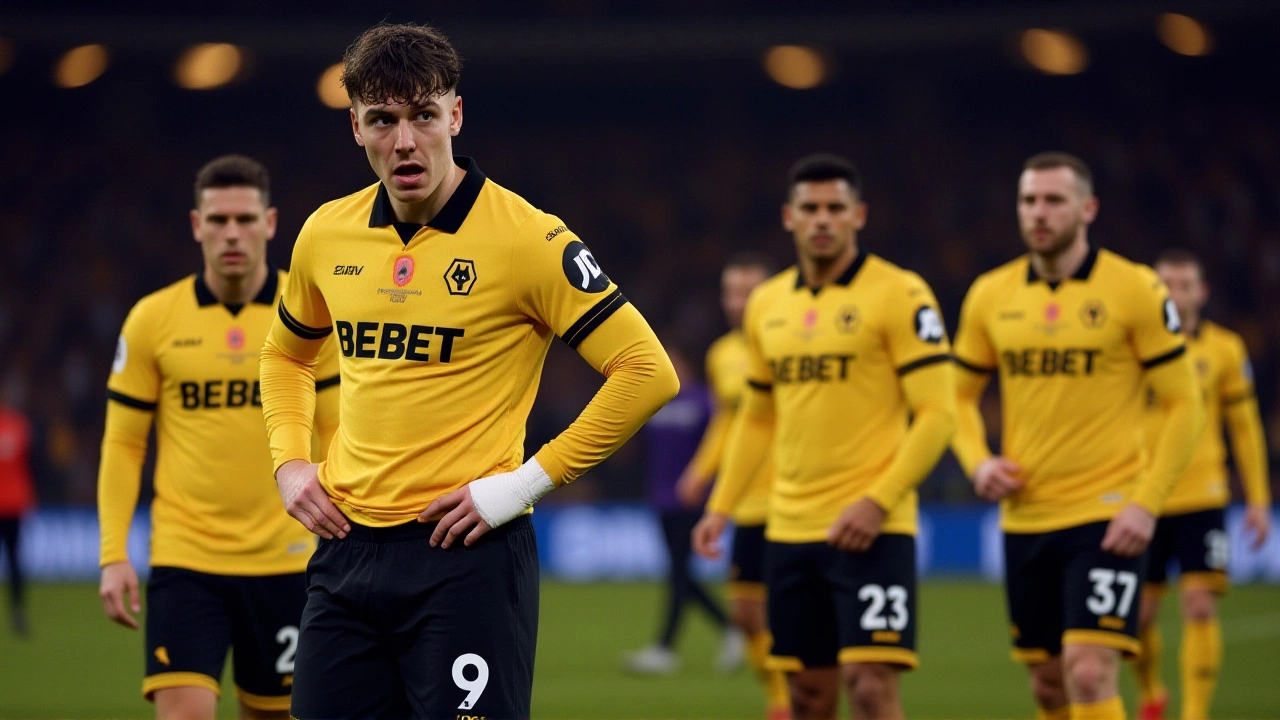
What the Stats Don’t Show
Fox Sports recorded 19 fouls apiece, three yellow cards each — a physical, tense affair. Palace had 54% possession, 326 passes, 11 shots (4 on target). Wolves? 269 passes, 7 shots, 1 on target. But numbers don’t capture the despair. The way Wolves’ forwards looked lost. The way their midfielders dropped too deep. The way their full-backs were isolated. It wasn’t just poor performance — it was a collapse in structure.
"They looked like a team that had forgotten how to attack," said former Wolves captain Kevin Doyle on Sky Sports. "No rhythm. No confidence. No belief. And when you play like that against Palace? You get punished."
What’s Next?
For Palace, the next three fixtures are brutal: home to Manchester City, away to Arsenal, then home to Chelsea. But with momentum, they could be genuine top-four contenders. Muñoz and Pino have suddenly become pivotal. Their form could define the season.
For Wolves, the path is darker. They face Brentford next — a team they’ve beaten twice in the last three seasons. But can they beat anyone now? Edwards has 10 days to fix a team that looks broken. If they lose again, the calls for his dismissal could begin as early as mid-December.
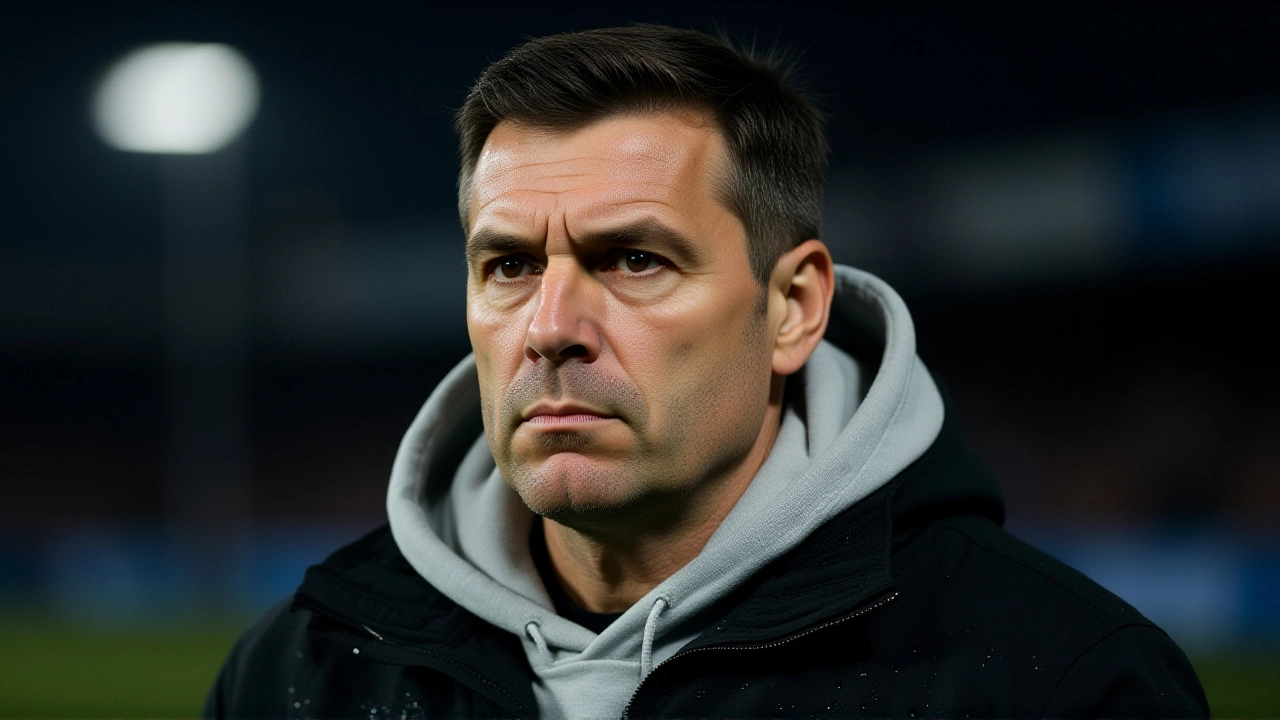
Why This Matters
This wasn’t just a match. It was a microcosm of Premier League extremes. One club rising on cohesion and composure. Another sinking under the weight of poor recruitment, poor leadership, and poor execution. Palace didn’t just win — they proved they belong among England’s elite. Wolves didn’t just lose — they confirmed they’re in the fight of their lives.
Frequently Asked Questions
How has Crystal Palace improved so dramatically this season?
Crystal Palace have transformed under manager Oliver Glasner by adopting a compact 4-2-3-1 system that prioritizes defensive solidity and rapid transitions. Key additions like Daniel Muñoz and Yeremy Pino have added pace and clinical finishing, while midfielders Adam Wharton and Will Hughes control tempo. Their 5 wins in 12 games include victories over top-half sides like Tottenham and Liverpool, showing they’re no longer just survivors — they’re contenders.
Why is Rob Edwards under so much pressure after just one game?
Edwards inherited a team with 0 wins in 10 matches, a -10 goal difference, and a squad lacking confidence. While one loss doesn’t define a manager, Wolves’ performance — zero second-half shots on target, no attacking threat — revealed deeper issues: poor recruitment, tactical stagnation, and psychological collapse. With relegation looming and fans growing restless, the pressure isn’t just about this game — it’s about whether he can fix a system that’s been broken for over a year.
Has any Premier League team recovered from Wolves’ current record?
No. Since the Premier League began in 1992, no team has avoided relegation after losing 10 of their first 12 games. The closest was Sunderland in 2002-03 — they lost 9 of their first 12 and still went down. Wolves’ -10 goal difference is the worst in the league. Even in the 2021-22 season, Norwich and Watford had better goal differences at this stage and still got relegated. Survival now requires a miracle.
What role did Yeremy Pino play in Palace’s victory?
Yeremy Pino was the decisive force. His 59th-minute goal — a curling left-footed strike from 18 yards — was Palace’s most dangerous attack of the match. He completed 87% of his passes, made 3 key passes, and forced 4 defensive errors. His pace on the left flank stretched Wolves’ defense, creating space for Muñoz and Jean-Philippe Mateta. He’s now Palace’s top assist provider in the league this season and has scored in 3 of his last 4 appearances.
How did Palace manage to win despite losing their last two away games?
Palace turned their away form around by tightening defensively and exploiting counterattacking opportunities. Against Wolves, they absorbed pressure, let the hosts tire themselves out, then struck with pace. Goalkeeper Bartosz Białkowski was rarely tested, but Palace’s backline — led by Joachim Andersen — held firm. Their midfield trio of Wharton, Hughes, and Cheikhou Kouyaté controlled the tempo, and their set-piece efficiency (4 corners to Wolves’ 1) gave them the edge in crucial moments.
What are the implications for Wolves’ future transfers?
Wolves’ January transfer window will be make-or-break. They need at least two attacking players — a striker and a creative midfielder — and possibly a new right-back. Their current forwards, Pedro Neto and Hwang Hee-chan, have combined for just one goal in 12 games. The club’s owners are expected to approve a £40 million budget, but with financial fair play rules in place, they’ll need to offload players like Max Kilman or Matheus Cunha to fund new signings. Without major changes, relegation is almost certain.



